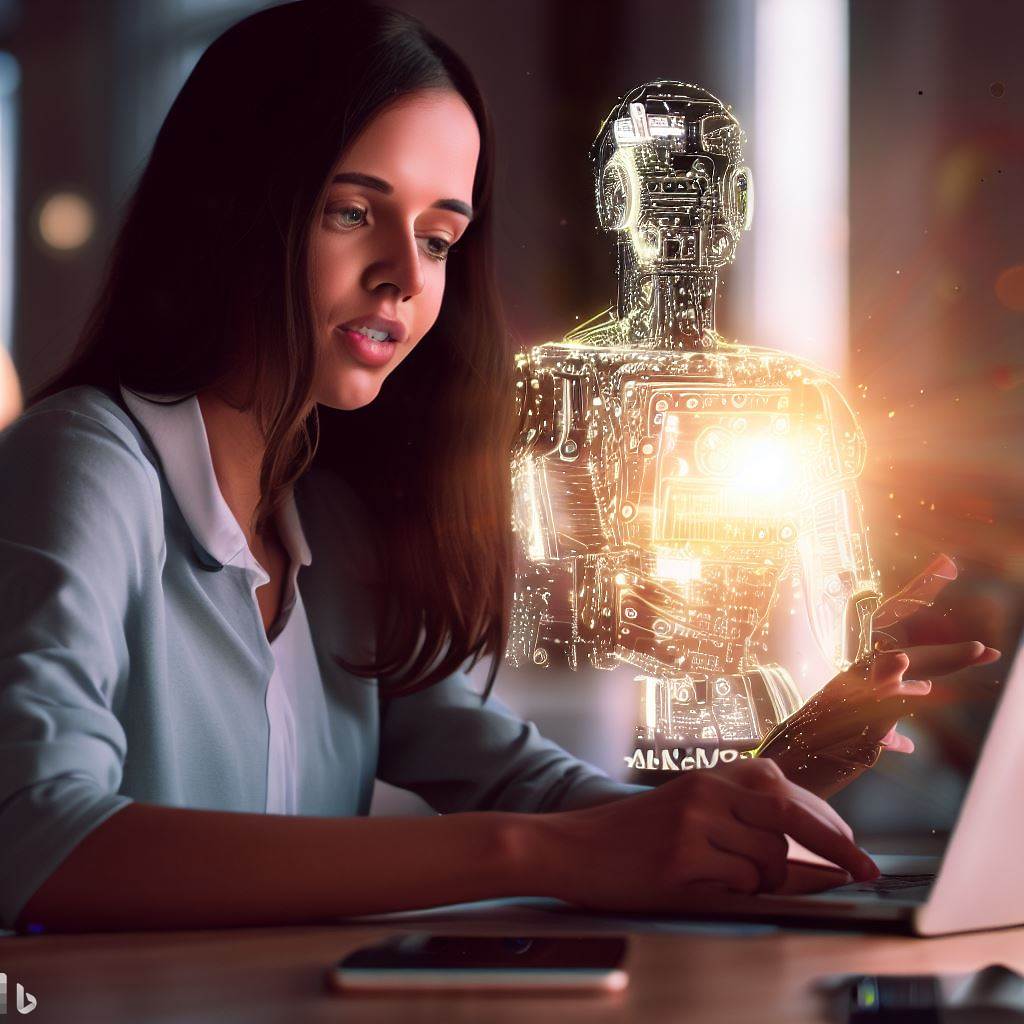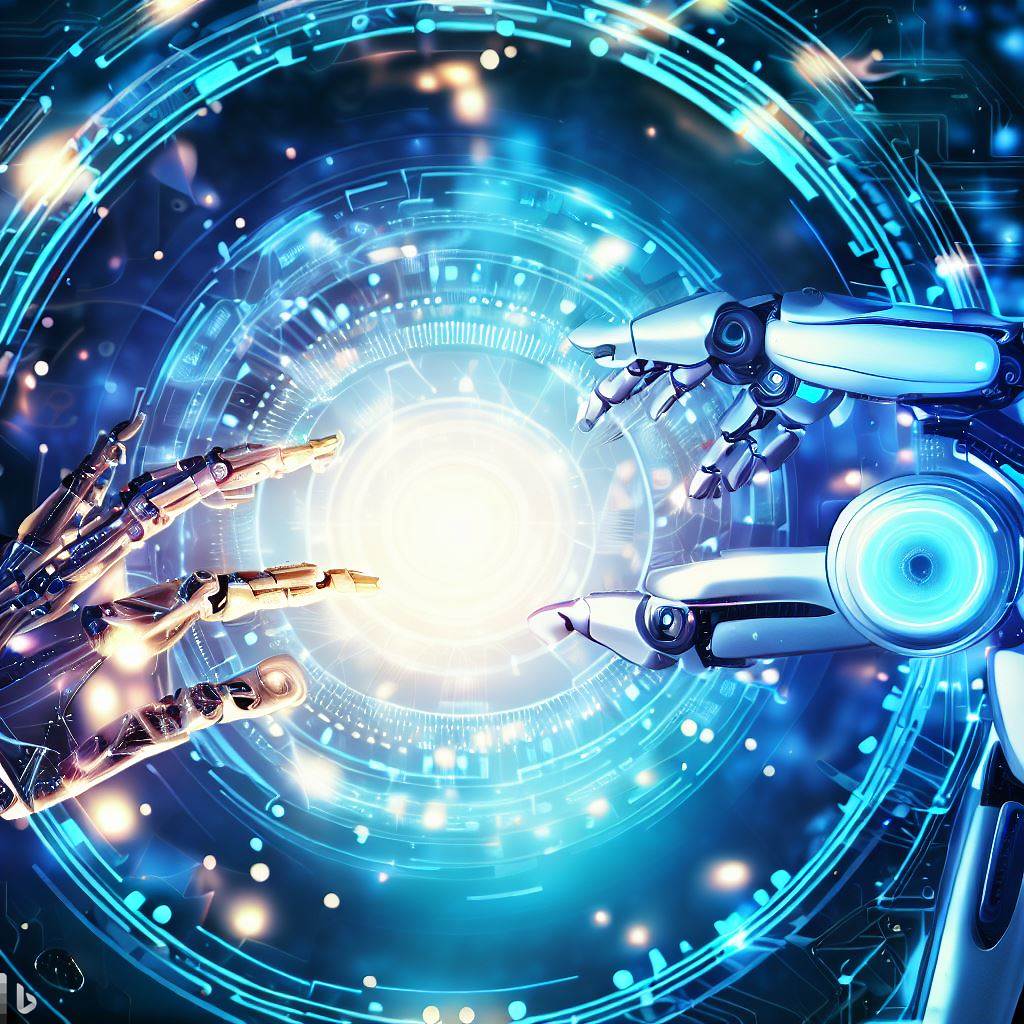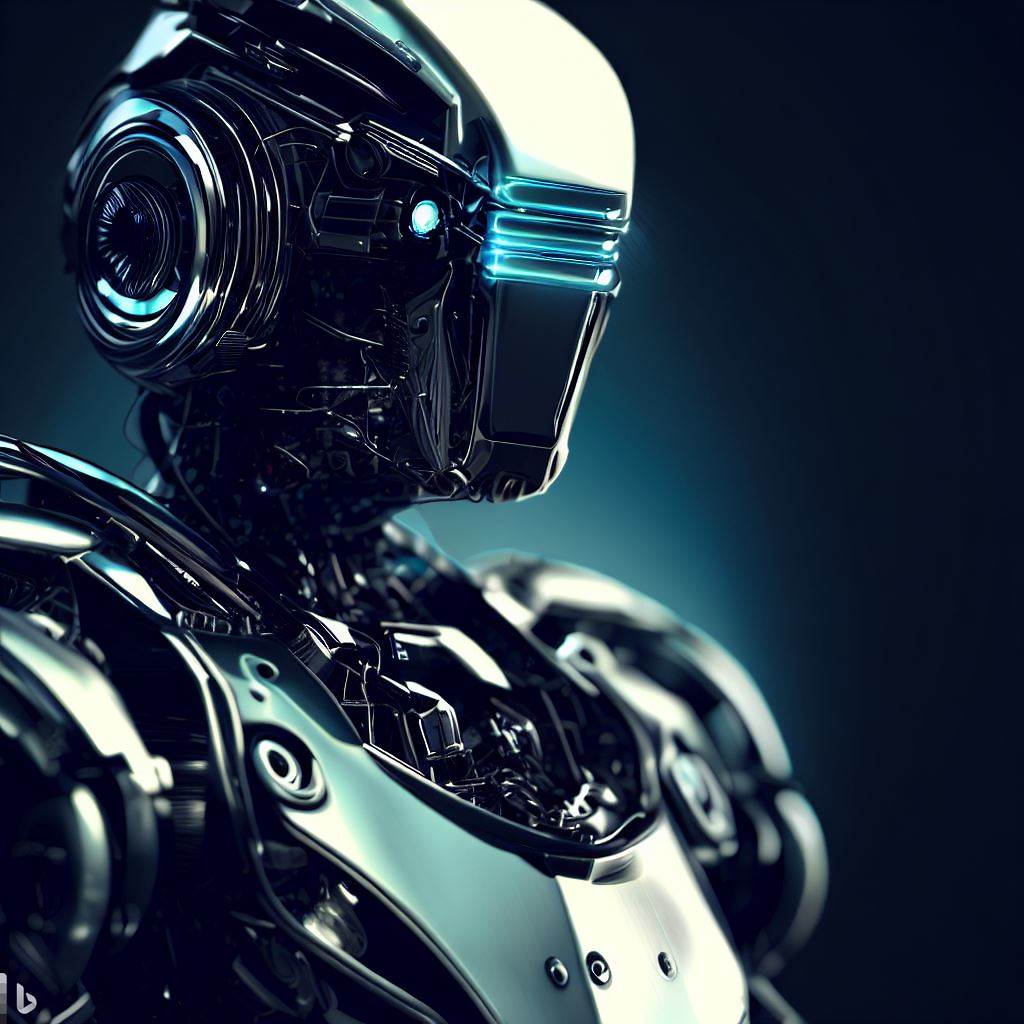In today’s fast-paced world, the integration of artificial intelligence (AI) has become increasingly prevalent. From voice assistants to personalized recommendations, AI has revolutionized the way we interact with technology. While AI offers numerous advantages, it is crucial to strike a delicate balance between human and artificial intelligence. In this article, we explore why finding harmony between these two realms is essential for our personal growth, societal well-being, and the advancement of humanity as a whole.
The Power of Human Intelligence
Human intelligence is a remarkable and unique trait that distinguishes us from machines. Our ability to think critically, exercise empathy, and make complex decisions based on emotions and experience is unparalleled. These qualities enable us to navigate the intricate nuances of life, solve problems creatively, and foster meaningful connections.
Maintaining Authenticity
In an increasingly digitized world, it is vital to preserve our authenticity. While AI can mimic human behavior and generate human-like content, it lacks the depth of human emotions and the essence of genuine experiences. By embracing our humanity, we foster creativity, originality, and innovation. It is through our flaws, imperfections, and distinct perspectives that we can contribute meaningfully to the world.
Cultivating Emotional Intelligence
Emotional intelligence is a cornerstone of human interaction. It enables us to empathize, understand, and connect with others on a deeper level. While AI algorithms can analyze data and provide suggestions, they cannot truly comprehend the intricacies of human emotions. By prioritizing emotional intelligence, we can forge stronger relationships, resolve conflicts, and create a more compassionate society.
Preserving Human Connection
In an era of virtual assistants and digital communication, the importance of genuine human connection cannot be overstated. Face-to-face interactions, physical touch, and non-verbal cues are essential for building trust, fostering empathy, and developing a sense of belonging. While AI can augment communication and convenience, it should not replace the inherent value of human connection.
Enhancing AI with Human Ethics
As AI becomes more advanced, ethical considerations become increasingly important. Human oversight is crucial to ensure that AI algorithms and systems operate with integrity, fairness, and accountability. By integrating our ethical frameworks into AI development, we can mitigate biases, protect privacy, and ensure that AI serves the best interests of humanity.
Unleashing AI’s Potential
While human intelligence is remarkable, AI has the potential to augment our capabilities in numerous areas. It can assist us in complex problem-solving, automate mundane tasks, and provide valuable insights based on extensive data analysis. By embracing AI as a tool rather than a replacement, we can harness its power to amplify our productivity, expand our knowledge, and drive societal progress.
Striking the Balance
Achieving a harmonious relationship between humans and artificial intelligence requires intention and mindfulness. It involves recognizing the strengths of both realms and using them synergistically. By embracing our human capabilities while leveraging AI’s efficiency and processing power, we can create a world that combines the best of both worlds.
Summary
Balancing human and artificial intelligence is a delicate endeavor that holds immense potential. By preserving our authentic human qualities, nurturing emotional intelligence, fostering genuine connections, upholding ethical standards, and leveraging AI as a tool, we can unlock a future where technology serves as an ally rather than a substitute. Let us strive for a harmonious coexistence that empowers us to thrive, innovate, and create a more compassionate and enlightened world.



